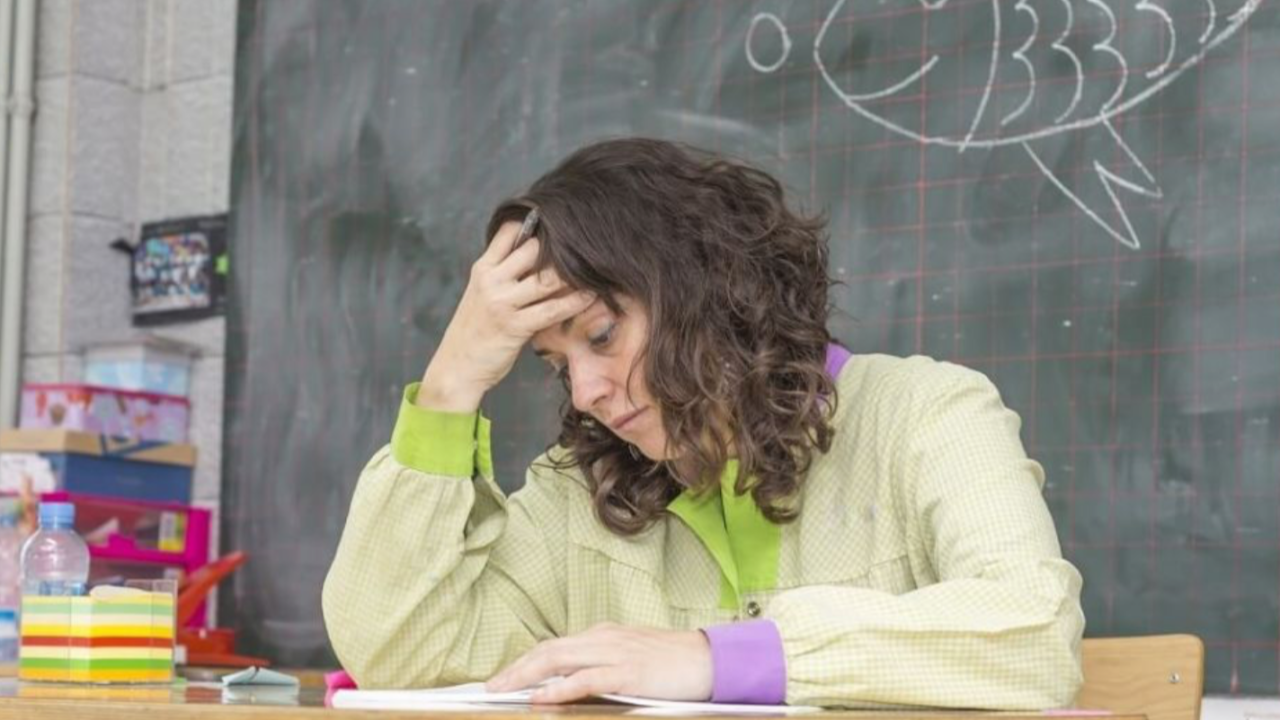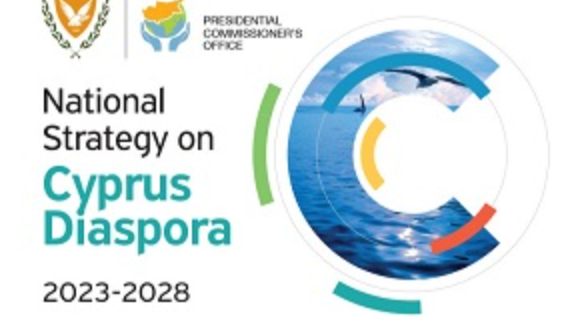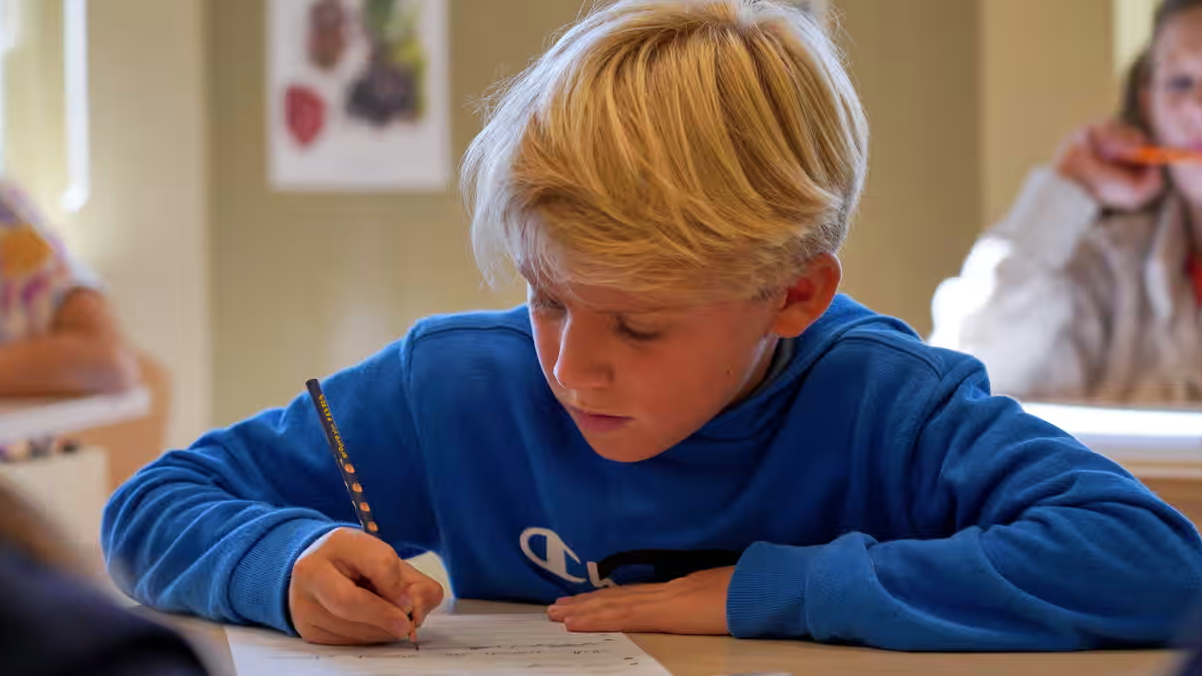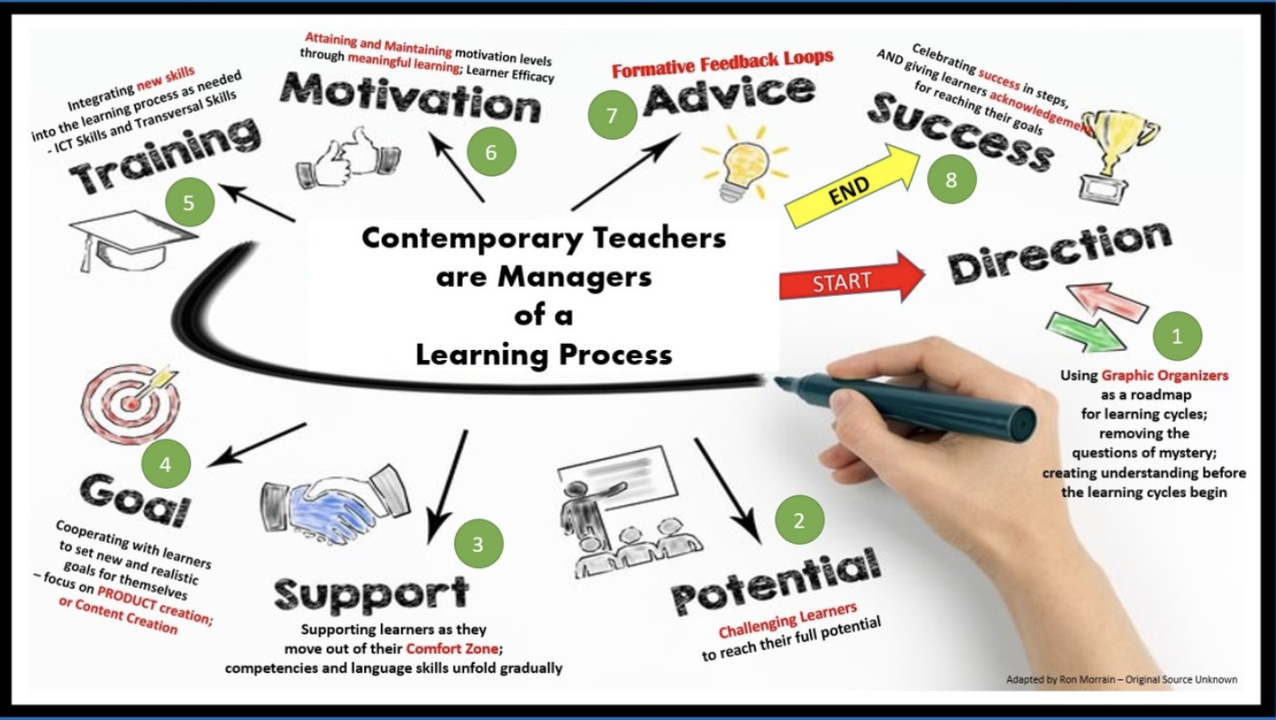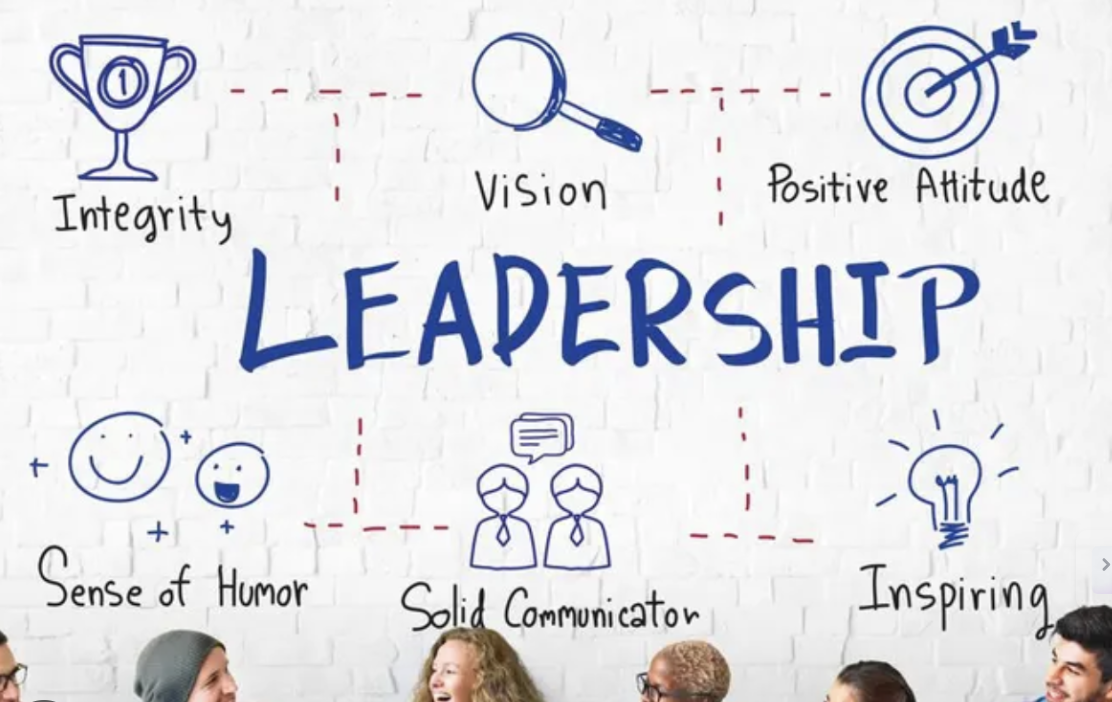The Importance of the IB Personal Project in Preparing Young People for Real Life
The International Baccalaureate (IB) Personal Project is a capstone project for students in their final year of the Middle Years Programme (MYP). It involves students independently exploring a subject of personal interest over an extended period, culminating in a tangible product and a reflective report. This project allows students to consolidate their learning, develop essential skills, and gain confidence as lifelong learners.
Why the IB Personal Project is Important in Preparing Young People for Real Life
The IB Personal Project is a transformative experience that equips students with the skills and mindset needed to navigate real-life challenges. By engaging in self-directed inquiry, students learn to manage their time, conduct research, think critically, and solve problems creatively. These skills are not only valuable in academic settings but are also essential for success in higher education and beyond.
One of the key aspects of the Personal Project is its focus on Approaches to Learning (ATL) skills, such as communication, collaboration, self-management, and reflection. These skills are crucial for personal and professional growth, as they enable students to work effectively with others, manage their responsibilities, and continuously improve themselves.
Moreover, the Personal Project encourages students to take responsibility for their own learning. This sense of ownership fosters independence and self-confidence, preparing them to face the uncertainties and complexities of the real world. By setting goals, planning their work, and reflecting on their progress, students develop a proactive and resilient approach to learning and life.
Real-Life Examples Across the Globe
Real-life examples highlight the tangible impact of the IB Personal Project. In India, students at DPS International School have tackled issues like refugee housing by creating foldable emergency shelters using 3D printing technology. Another student developed a zero-budget natural farm, promoting sustainable farming practices in their community.
In Angola, a student from Luanda International School organized donations for Congolese refugees, providing essential supplies to over 35,000 individuals in need. This project exemplifies how the Personal Project can mobilize communities and address urgent humanitarian issues.
In the UK, a student developed a recycling program within their school, reducing plastic waste and educating peers on environmental responsibility. In the US, a student launched a mental health awareness campaign, creating workshops and resources to support their peers’ well-being.
Examples from Cyprus and Dubai
In Cyprus, a student developed a coastal cleanup initiative, engaging local communities and schools in efforts to reduce plastic pollution on beaches. The project raised awareness about environmental conservation and promoted sustainable practices.
In Dubai, a student created a digital platform to connect small businesses with potential investors. This project not only provided valuable resources for local entrepreneurs but also fostered a sense of community and economic growth.
Student Feedback Perspectives
Anna, India: “Working on the emergency shelter project was a life-changing experience. It taught me how to use technology for social good and helped me understand the importance of sustainable solutions.”
Sami, UK: “Developing the recycling program made me realize the power of individual actions in combating environmental issues. It was incredibly rewarding to see my peers get involved and make a difference.”
Noura, Dubai: “Creating the digital platform for small businesses allowed me to apply my tech skills in a meaningful way. It also taught me a lot about entrepreneurship and community support.”
Cultivating Global Citizens
These examples illustrate the diverse and meaningful contributions students can make through their Personal Projects. By addressing real-world issues and engaging with their communities, students enhance their learning and develop a sense of global citizenship. They become not just learners but active participants in solving global challenges.
In essence, the IB Personal Project is more than just an academic requirement; it is a comprehensive learning experience that helps students develop the attributes of the IB learner profile, such as being principled, reflective, and open-minded. These attributes are essential for becoming adaptable, responsible, and engaged global citizens.
By providing students with the opportunity to explore their passions, apply their knowledge in meaningful ways, and reflect on their experiences, the IB Personal Project prepares them to thrive in an ever-changing world. It is a vital component of the IB curriculum that ensures students are well-equipped to meet the challenges of the future with confidence and competence.


